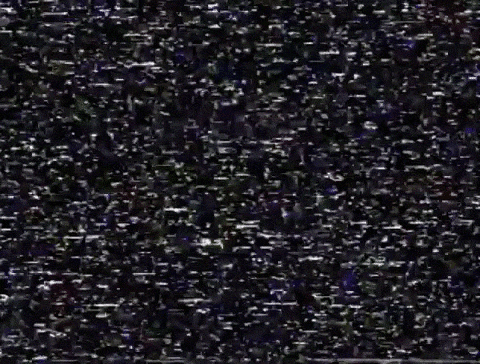
Is Perth the nang capital of Australia?
These multimedia stories were created by ECU Journalism students and are shared in collaboration with RTRFM.
Dylan Gane writes about the new change in classification of ‘nangs’.
Nitrous oxide is a colourless gas that has been used for hundreds of years in a variety of different ways, including medicine and cooking. When used for commercial cooking, the gas is often stored in a small metallic canister, more commonly known as a bulb.
These bulbs, often referred to by their street name ‘nangs’, can be cracked, and the gas inside can be inhaled to give the user a brief feeling of euphoria and relaxation, though this is not recommended usage.
In a media statement released on 29 September, WA Health Minister Amber Jade-Sanderson announced new laws that affect the sale of nitrous oxide bulbs.
From the first of October, they would now be reclassified under the Therapeutic Goods Administration as a Schedule 6 Poison.
This rescheduling means they are illegal to sell to anyone under the age of 16, as well as canisters now being labelled with the word ‘poison’ and having warnings against inhalation.
Western Australian Coordinator of the Ecstasy and Related Drugs Reporting System (EDRS), Dr Jodie Grigg, hopes the new regulations will have a significant impact.
“In 2019, when we started noticing increases in the EDRS samples a government working group was formed,” she said.
“That Western Australian government working group was tasked with looking at a multi-pronged state response to restrict the supply of nitrous oxide to reduce harmful patterns of use.
“It also is intended to raise awareness amongst clinicians and consumers about the risks associated with use.
“In addition to that, the TGA reclassified nitrous oxide as a Schedule Six poison which prohibits the sale of canisters to those who are under sixteen and mandates warning labels.
“Based on the evidence we’re seeing amongst EDRS samples and in hospitals, I do believe that the regulations are warranted, but it’s about striking the right balance.
“There were concerns that if we prohibit the sale of nitrous altogether, there is a risk of young people diverting their use to potentially unregulated forms of nitrous oxide, using larger tanks or canisters, which is being seen internationally and is being linked to increased hospitalisations.
“Going for schedule six means that it is still accessible, but hopefully, it will minimise those harmful patterns of use.”

Following the release of the EDRS Report and the announcement of these legal changes, several media outlets were quick to make claims that Perth was now the so-called ‘nang capital of Australia’.
Dr Grigg disagreed with these statements, saying, “What has been capturing some media attention is the line in the national report that says that 45% have reported recent nitrous oxide use amongst the national sample, but there was significant variation between jurisdictions, with only 26 per cent in Hobart reporting use versus 70 per cent in the Perth sample.”
“That has led to those slightly sensationalised headlines saying that Perth is the nang capital,” she added.
“What it also says in the report is that the frequency of use remained low and stable, so participants are only reporting using about four days in the last six months.
“It’s important to say that in relation to those headlines, this survey is not representative, so basically, we can’t extrapolate the findings of the survey to the wider population, so those headlines aren’t supported by the evidence.”
Along with speaking about the current regulations being put in place, Dr Grigg also spoke about some restrictions which are currently being explored to further reduce harmful rates of nitrous oxide use.
“The 24/7 delivery services are potentially driving some of those more harmful patterns of use, so what we’re looking at doing in Western Australia is restricting the sale between the hours of 10 pm and 5 am, when it’s unlikely people are getting nangs delivered to their door for baking cakes.
“We’re trying to restrict that party use without affecting legitimate catering companies.
“The TGA labelling and regulations came into effect from October the first of this year, but the individual jurisdictional governments are taking supporting measures.
“This is what the working group is planning now, restrictions around those hours of sale.
“South Australia has already implemented those kinds of restrictions, so we will be looking at doing something similar here.”
Health Minister Amber Jade-Sanderson was contacted for comment but did not respond.







